Cheque Bounce New Laws 2025: Your Complete Guide to the Latest Updates
In 2025, India will witness major changes in cheque bounce regulations aiming to enhance financial accountability. From increased penalties and real-time alerts to special courts and relief for technical errors, these rules target both prevention and faster resolution. This guide covers everything individuals and businesses need to know to stay compliant and avoid legal complications.
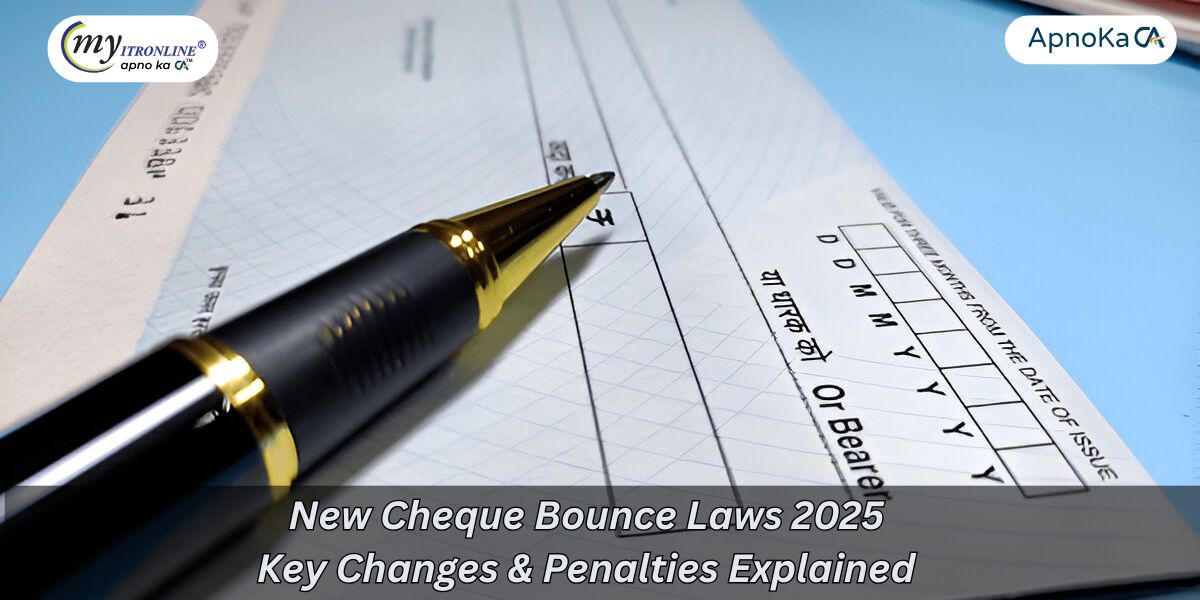
Cheque Bounce New Regulations 2025: Essential Information for Improved Financial Accountability
Cheque bouncing, which refers to the rejection of a cheque, has historically been a significant issue in financial dealings, often resulting in legal complications and affecting trust. In a bid to enhance financial accountability, reduce fraudulent practices, and hasten the resolution of such issues, notable changes and stricter measures concerning cheque bounces will be implemented in India starting in 2025.
These revisions, motivated by regulatory authorities such as the Reserve Bank of India (RBI) and guided by judicial rulings, seek to make cheque transactions more dependable and to ensure greater accountability for defaulters. It is essential for individuals and business owners who utilize cheques for payments to comprehend these new regulations.
1. Increased Fines and Stricter Penalties:
Although Section 138 of the Negotiable Instruments Act, 1881, already allows for imprisonment of up to two years or a fine equivalent to twice the cheque's value, or both, the new regulations emphasize more rigorous enforcement and heightened deterrents. The focus is on ensuring that penalties are not only imposed but also serve as a substantial deterrent against the issuance of cheques without sufficient funds. Anticipate the more consistent application of fines reaching double the cheque amount and the potential for imprisonment for repeat offenders.
2. Compulsory Real-Time Alert System:
A significant advancement towards greater transparency and preventing individuals from being caught off guard is the establishment of a mandatory real-time alert system. Banks are now obliged to send immediate notifications via SMS and email to account holders whenever a cheque drawn on their account is returned unpaid. This guarantees that the drawer is promptly notified of the dishonour and its reason, allowing them to address the situation swiftly.
3. Tighter Measures Against Habitual Offenders:
To counteract the trend of recurrent cheque bouncing, the new regulations introduce stricter actions for habitual offenders. If an account's cheque is returned unpaid multiple times (with reports indicating this may commence after three instances), banks may be authorized to implement more drastic measures, possibly including temporarily suspending the account. This initiative aims to encourage greater accountability among account holders who frequently issue cheques without adequate funds.
4. Standardized Penalty Framework Across Banks:
In the past, penalties for cheque bounces could vary greatly between banks, leading to confusion. The forthcoming regulations aim to unify the penalty structure across all banks, whether public or private. This change seeks to simplify compliance for users and ensure that the financial repercussions of a bounced cheque are more predictable and consistent, irrespective of the bank involved.
5. Relief for Technical Errors:
Understanding that not all instances of cheque bouncing stem from a lack of funds or deliberate refusal, the updated guidelines stress the importance of offering relief when a cheque bounces due to a technical or banking mistake (like a system failure or clerical error on the part of the bank). Banks are required to investigate such situations and ensure that account holders are not unjustly penalized for circumstances outside their control.
6. Accelerated Resolution of Cases and Possibility of Special Courts:
The judicial process for cheque bounce cases has typically faced delays. While not a direct modification to the Act, there is a strong movement, supported by judicial comments and guidelines, aimed at hastening the resolution of Section 138 cases. Discussions and initiatives are in progress to streamline court processes and possibly create dedicated special courts or benches for cheque bounce cases to alleviate the backlog and provide faster justice.
7. Greater Acceptance of Digital Evidence:
Reflecting the growing digitalization of financial transactions, courts are increasingly open to accepting digital records and evidence in cheque bounce cases. This may encompass electronic communications, digital transaction logs, and other pertinent digital traces, which can aid in speeding up the legal process and presenting clearer proof.
8. Promotion of Out-of-Court Settlements:
The judicial system consistently promotes the resolution of cheque bounce disputes outside the court where feasible. Although the legal recourse provided under Section 138 remains a viable option, alternative dispute resolution methods are being encouraged to facilitate amicable settlements, saving time and legal fees.
9. Centralized Database for Monitoring:
Although details regarding a fully functioning centralized database are still developing, the ramped-up reporting requirements and the necessity for stricter action against repeat offenders indicate a trend towards improved tracking of cheque bounce occurrences throughout the banking sector. A centralized system could assist banks and potentially legal authorities in more effectively identifying habitual defaulters.
Implications for Individuals and Businesses:
These modifications carry significant consequences:
- Heightened Vigilance: Account holders must exercise greater care in ensuring sufficient funds are available before issuing cheques.
- Timely Action: Acting promptly in response to bounce notifications is essential to prevent escalating penalties and legal complications.
- Awareness of Regulations: Both drawers and payees should be informed about the updated procedures, penalties, and their rights.
- Influence on Creditworthiness: While not necessarily impacting conventional credit scores in all cases, repeated bounces can affect banking relationships and future credit options.
- Streamlined Legal Procedure: For those pursuing legal recourse, the process is anticipated to become more efficient, although understanding the procedural requirements remains crucial.
How to Prevent Cheque Bounce Problems:
- Always ensure that there are sufficient funds in your account prior to writing a cheque.
- Monitor the cheques you issue and their respective due dates.
- Verify that all information on the cheque (date, name, amount, signature) is accurate and clearly written.
- Avoid overwriting or making changes on cheques.
- Consider adopting alternative digital payment solutions such as NEFT, RTGS, UPI, or IMPS for quicker and more secure transactions when possible.
- If you anticipate a cheque may bounce, inform the payee beforehand and explore alternative payment options.
The Cheque Bounce New Rules for 2025 highlight the increasing focus on financial accountability and the seriousness with which cheque dishonour is being regarded. By staying knowledgeable and practicing sound financial habits, you can effectively navigate these changes and avoid potential legal and financial consequences.
FILING YOUR INCOME TAX RETURN F.Y 2024-25 (A.Y. 2025-2026) WITH MYITRONLINE
The income tax filing deadline is right around the corner. If you haven’t filed yet, do it today with Myitronline! Avoid last minute rush and file your tax return today on MYITRONLINE in Just 5 mins.(www.myitronline.com)
If you are looking for eCA assistance to file your income tax return/ GST, you can opt for MYITRONLINE eCA assisted plan starting
Upload Salary Individual Form-16
If you have any questions with filing your tax return, please reply to this mail. info@myitronline.com OR call 9971055886,8130309886.
Note-All the aforementioned information in the article is taken from authentic resources and has been published after moderation. Any change in the information other than fact must be believed as a human error. For queries mail us at marketing@myitronline.com
Krishna Gopal Varshney
An editor at apnokacaKrishna Gopal Varshney, Founder & CEO of Myitronline Global Services Private Limited at Delhi. A dedicated and tireless Expert Service Provider for the clients seeking tax filing assistance and all other essential requirements associated with Business/Professional establishment. Connect to us and let us give the Best Support to make you a Success. Visit our website for latest Business News and IT Updates.
Leave a reply
Your email address will not be published. Required fields are marked *Share this article
Krishna Gopal Varshney, Founder & CEO of Myitronline Global Services Private Limited at Delhi. A dedicated and tireless Expert Service Provider for the clients seeking tax filing assistance and all other essential requirements associated with Business/Professional establishment. Connect to us and let us give the Best Support to make you a Success. Visit our website for latest Business News and IT Updates.
View articles









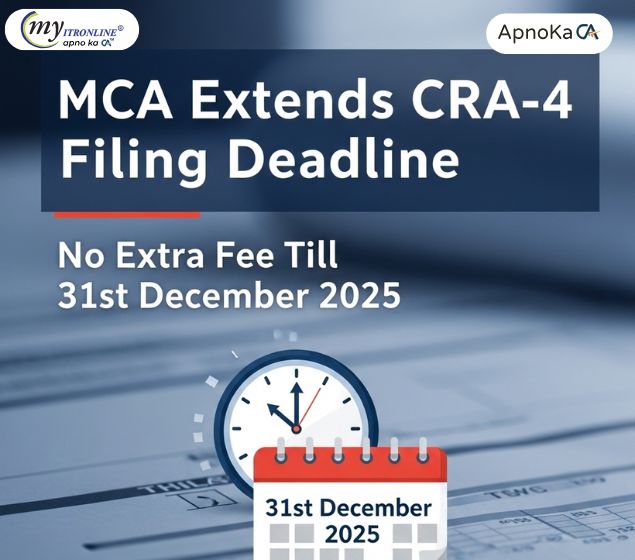
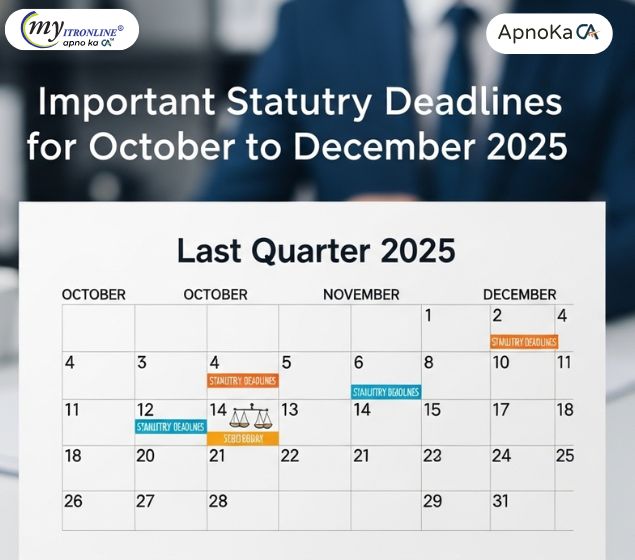
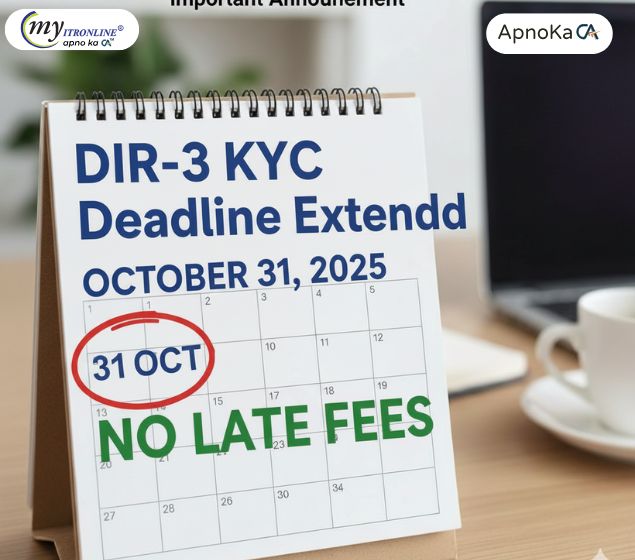
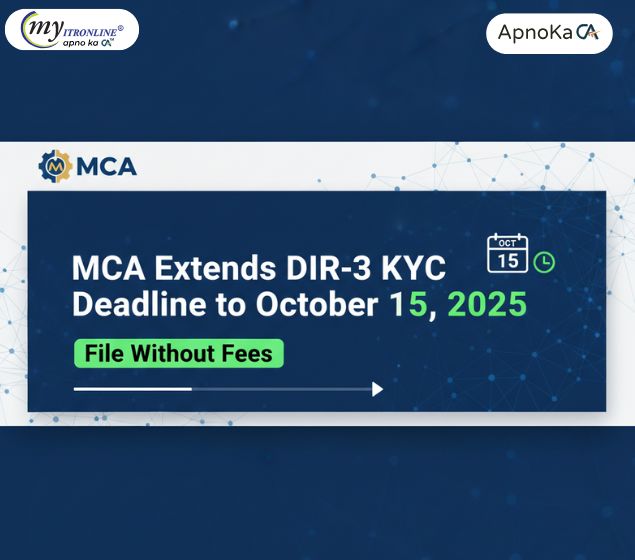


.jpg
)


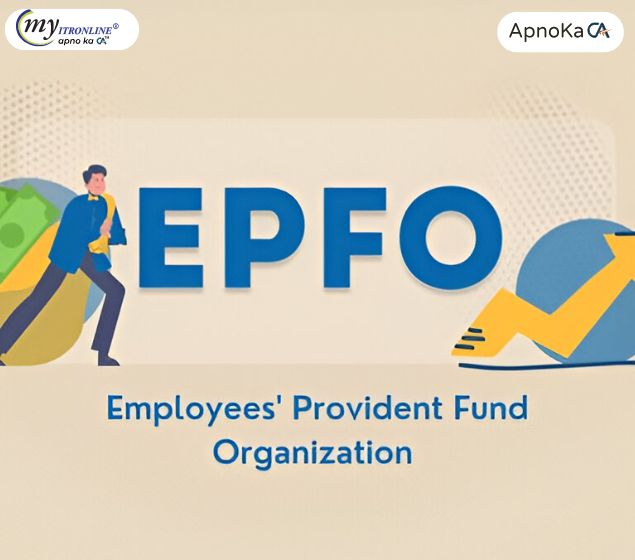
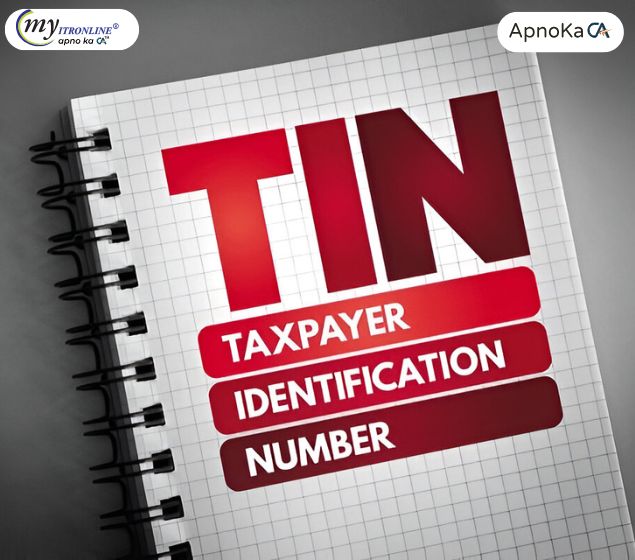

.jpg
)
.jpg
)